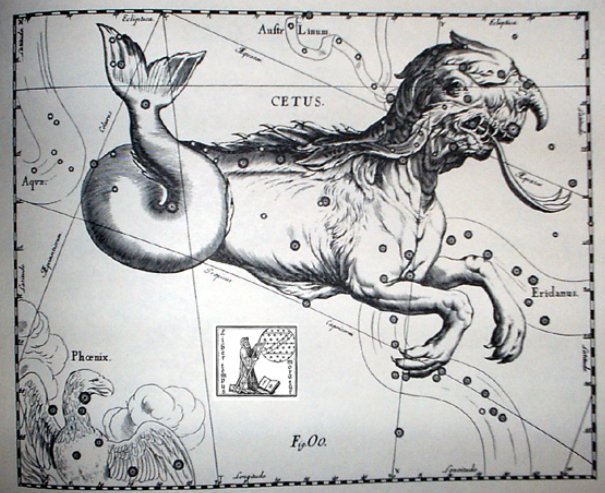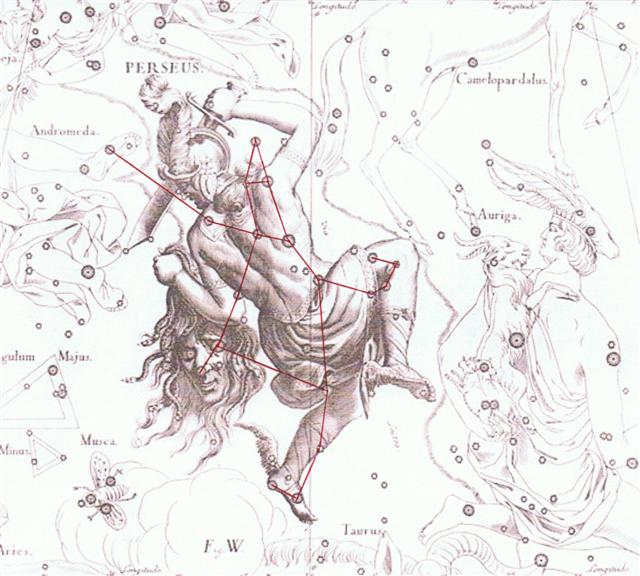The heliacal stars of May 1 (121) were ideally
close to the Full Moon 184 days later in November 1:
|
April 26 |
27 (117) |
3 |
May 1 (121) |
 |
 |
 |
|
Cb1-10 |
Cb1-11 (403) |
Cb1-15 (407) |
|
ka higa te ao ko te
henua ra ma te hoi atua |
e niu tu |
|
no stars listed |
Bharani-2 /
Stomach-17 |
|
Right Wing (40.9),
π Arietis (41.2),
Bharani (41.4) |
|
October 27 |
28 (301) |
November 1 (305) |
|
Haris
(219.7). σ Bootis (220.2), η Centauri
(220.4) |
ρ Lupi
(221.0), Toliman
(221.2) |
Kochab (225.0) |
In May
1 the naksatra star was Kochab (β
Ursae Minoris), which could be imagined as an indication of contrast to the vigour
of Mother Nature in May. The changes in
winter, half a year later, were slowing down close to nothing at the north pole.
Another 184 glyphs later
was Kochab at tara in Cb8-28:
|
October
28 |
29 |
30 |
31 (304) |
November
1 |
2 |
 |
 |
 |
 |
 |
 |
|
Cb8-24 |
Cb8-25 |
Cb8-26 |
Cb8-27 |
Cb8-28 |
Cb8-29
(592) |
| te
maitaki |
kua hua te kahi |
te
ahine poo puo |
ki
te huaga |
ma
te tara huki |
te kahi |
|
ρ Lupi (221.0),
Toliman
(221.2) |
π Bootis
(221.8), ζ Bootis (221.9), 31 Bootis (222.0), Yang
Mun (222.1), Rijl al Awwa (222.5) |
ο Bootis
(222.9), Izar (223.0), α Apodis, 109 Virginis
(223.3) |
Zuben
Elgenubi (224.2), ξ Bootis, ο Lupi (224.5) |
Kochab
(225.0) |
Ke Kwan
(226.3), Ke Kwan (226.4) |
|
April 30 |
May 1 |
2 |
3 (123) |
4 |
5 (490) |
|
Head of the Fly (39.6), Kaffaljidhma (39.8),
ο Arietis (40.0), Angetenar (40.2) |
Bharani-2 /
Stomach-17 |
ς Arietis, τ² Eridani
(41.7) |
ρ
Arietis (43.0) |
Acamar (43.6), ε Arietis
(43.7) |
Menkar
(44.7) |
|
Right Wing (40.9), π Arietis (41.2),
Bharani (41.4) |
But Bharani was close to the Full Moon
already in October 29. A dot marks the fruit (hua) of the kahi.
The distance from November 1 to May 1 is 365 + 121 - 305 =
181 days.
If
the May 1 rising fish should be the offspring (hua)
of the May 5 rising kahi, then we perhaps should count 740
(side a + side b) - (592 - 588) = 736 = 4 * 184.
Alternatively we could count 348 (side b) - (592 - 588) =
344 = 2 * 172.
4 days later than October 29 and 200 days
counted from the beginning
of side b the kahi stands up and evidently this could
be
the star Menkar (α) at
the nose of the Sea Beast (Cetus).

...
Rangitokona,
prop up the heaven! // Rangitokona, prop up the
morning! // The pillar stands in the empty space.
The thought [memea]
stands in the earth-world - // Thought stands also in the
sky.
The
kahi stands in the earth-world - // Kahi
stands also in the sky.
The pillar
stands, the pillar - // It ever stands, the pillar of the
sky.
Day 490 (May 5) - 365 = 125 and the following day
was at 3h and the head of Algol:
|
Alrescha
3 |
4 (354) |
5 |
|
May 4 |
5 (125) |
6 |
 |
 |
 |
|
Cb1-18 (410) |
Cb1-19 |
Cb1-20 |
|
manu moe ra |
ki
to mata |
e
nuku mata |
|
Acamar (43.6), ε Arietis
(43.7) |
Menkar
(44.7) |
3h
(45.7) |
|
Algol
(45.9),
Misam
(46.2) |
|
November
3 |
4 |
5 (309) |
|
Simak 1
(171) |
2 |
3 |
|
Zuben Elakribi (226.8),
ω Bootis (227.2), Nekkar (227.3) |
Nadlat (227.8), π Lupi
(227.9), Zuben Hakrabim (228.3) |
λ Lupi (228.9) |

410
(Cb1-18) + 182 = 592 (as if pointing to kahi in Cb8-29) and
592 - 365 = 227 (the RA day corresponding to May 4). Acamar
is θ Eridani and at Cb8-28
Metoro said ma te tara huki:

|
Egyptian
nfr |
 |
Phoenician
teth |
 |
Greek
theta |
Θ(θ) |
|
... The form of
the letter
θ suggests
a midline ('waist'), although the origin of θ is
the Phoenician tēth which means 'wheel'.
This in turn could have originated from a glyph
named 'good' which in Egypt was nfr ...
... θ is
the last star in the Ara constellation, and the
ancient meaning of this letter was described as
a wheel by the Phoenicians but for the Egyptian
it meant 'good. When the
wheel of time has come full cycle around and the
upside down fire-altar is in the past the times
ahead should be good (or lucky Sa'ad)
... |
| Huki
1. Pole attached to the poop from
which the fishing-net is suspended:
huki kupega. 2. Digging stick. 3. To
set vertically, to stand (vt.). 4.
Huki á te mahina, said of the new moon when
both its horns have become visible. Vanaga.
1. To post up, to publish. 2.
To cut the throat (uki). Mq.: Small
sticks which close up the ridge of a house. Ha.:
hui, the small uniting sticks in a
thatched house. Churchill.
Standing upright. Barthel.
M. Spit for roasting. Te
Huki, a constellation. Makemson.
Hukihuki. 1. Colic. 2.
To transpierce, a pricking. 3. To sink to the
bottom. Churchill. |
But this time of the year on Easter Island the winter solstice was only 172 - 124 = 48 days ahead and Metoro said manu
moe ra, which perhaps meant the Sun (ra) bird (manu)
was 'asleep' (moe), i.e. not yet awake. There is a
little piece of string in front (at the navel) of the juvenile bird.
|






